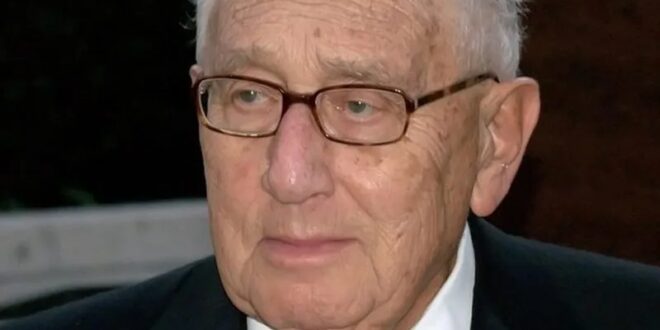SINO-RUSSIAN ENTENTE AND GLOBAL POLITICS
With the Sino-Russian declaration of “ no limits” to their cooperation one wonders if Joe Biden’s call for democracy as the pillar of a free world is going to be attractive to the developing world. Decades back many developing countries were freed from mainly British rule and some from the colonial rule of Portugal and Spain in South America where the Monroe Doctrine played an important role.
WESTERN POWERS HEGEMONISTIC POLICIES
The advent of the Second World War marked the hegemonistic rise of the US and The Western powers which literally divided the world into rich nations-US and Europe- and emerging economies. Some of these countries refused to be drawn into the game of rich and big powers and floated the idea of non-alignment which today has 120 nations as members. They represent nearly two-thirds of the United Nations’ members and contain 55% of the world population. Membership is particularly concentrated in countries considered developing countries and some developed countries as well. Russian invasion of Ukraine and the support given by the developed countries has changed the contours of the non-aligned bloc. Many non-aligned countries have refused to criticize Russia in the UN-sponsored resolution and have called for a peaceful solution of the conflict.
HENRY KISSINGER’S DISCUSSION WITH THE ECONOMIST MAGAZINE
The Economist magazine had a detailed discussion with Henry Kissinger who said, interalia, “We are on the path to great power confrontation. And what makes it more worrisome to me is that both sides have convinced themselves that the other represents a strategic danger. And it is a strategic danger in a world in which the decisions of each can determine the likelihood of conflict. And in such a situation it is natural to attempt to be preeminent, technologically and materially. So a situation can arise in which an issue escalates into a confrontation about the overall relationship. That is the biggest problem, at the moment. And, when you have an issue like Taiwan, in which concessions become very difficult because it involves fundamental principles, that becomes even more dangerous.”
Kissinger added “ The nature of sovereignty begins with the definition of the interests of states. And it is also inherent that sovereign interests will not always coincide, and that nations will need to explain their interests to each other. So if either of those elements comes into being where those interests are close enough to permit negotiation of differences, it becomes a mediating influence. Where sovereign nations use force to prevent outcomes, military conflict may occur. The general challenge of diplomacy is to bring those interests into connection with each other and not to settle issues by war.”
Kissinger believes that a peaceful resolution of the Ukraine conflict is possible and is the demand of the world.
US INDIFFERENCE TOWARDS VLADIMIR PUTIN’S SECURITY INTERESTS
The problem lies mainly with the Americans who despite Russian President Vladimir Putin’s repeated requests that Ukraine should not join either the Western-sponsored group or the Russian camp so that Russian security is not threatened. The US and the West are insistent that no country should be allowed to interfere in the sovereignty of another country by force. While the Western argument has merit one has to remember that after the Second World War, the victorious powers in the name of a rule-based world virtually dictated the fate of the world. The head of the World Bank has to be an American national while International Monetary Fund should be headed by a European. The recent rise of China and its desire for a piece of the pie and a seat at the table that will set the rules for the world has taken a new turn in global politics.
KISSINGER’S EXPLANATION ON COLD WAR
In the words of Henry Kissinger, “The cold war was a strategic situation in which we started in an inherently stronger position. But the word “stronger” needs understanding, because the dilemma was—and remains—that countries like Vietnam could defeat a superpower that had nuclear superiority, but did not wish to use it. And that imbalance applied also to NATO [strategy], which perceived Russian conventional superiority, and which in turn enabled Russia to exert a dominant influence. When we’re in an adversarial world with mutually assured destruction, you owe it morally to your society to avoid it. [The situation] never got to it during the Cold War period. But it is a hell of a responsibility to kill 110m people in a week, which was the estimate for such a war. And in any conduct of crises, you disarm yourself totally. So, you have to operate by escalation, but with the moral recourse to avoid the slide to a crisis, which is my fear in Taiwan today”.
The world today is inhabited by billions of people who do not want to see the end of humanity because of the nuclear weapons they possess.
 Eurasia Press & News
Eurasia Press & News




